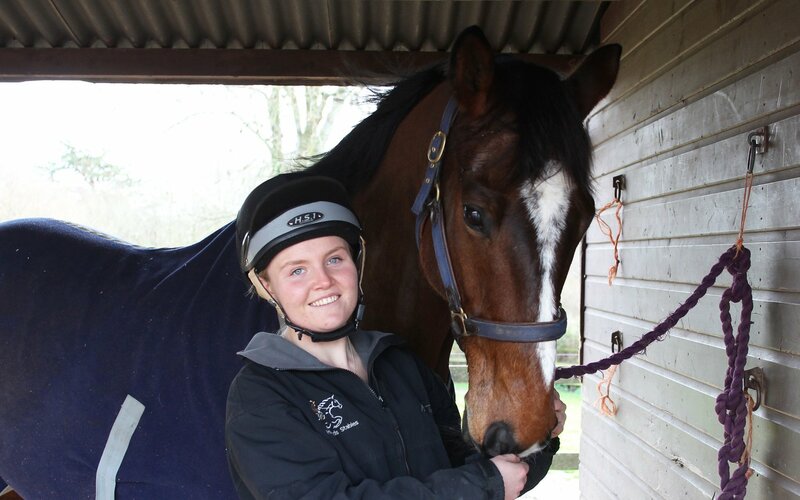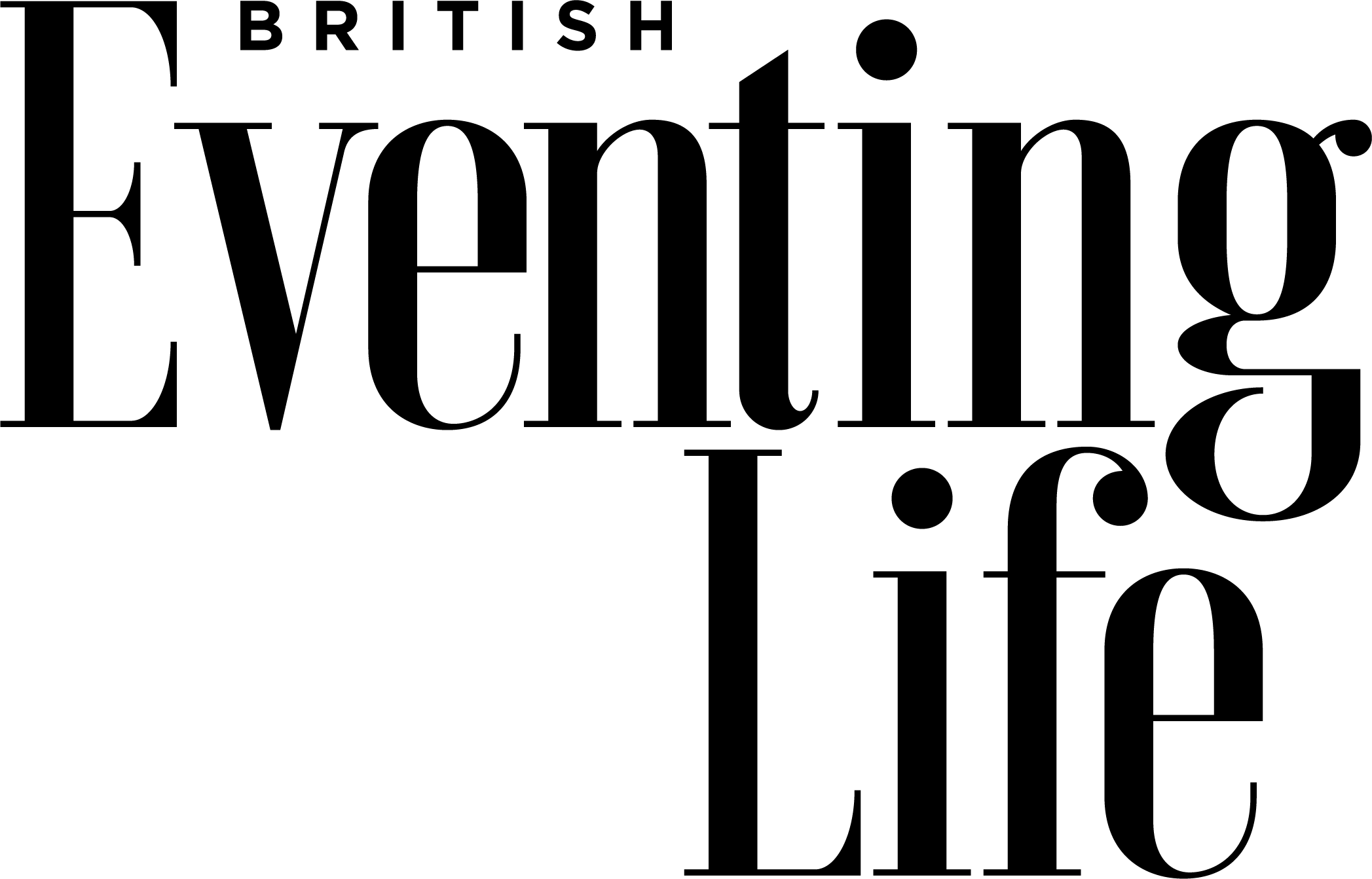
Steps to securing your dream job in the equine industry
For those interested in pursuing or developing their career with competition horses, we explore the options available to get you started or progressing.
The working pupil
To many, the working pupil option is the obvious way to start and works for many, including Olympians Pippa Funnell and Charlotte Dujardin. However, the working pupil ‘status’ has attracted negative publicity in light of students being paid a minimal amount and not receiving the training that they have been promised in order to advance their skills.
The British Grooms Association (BGA) aims to increase recognition of grooms as career professionals. They offer advice to both grooms in their membership and employers. Lucy points out to employers that working pupils are still employees and therefore all national employment laws apply. These include working hours, minimum wage and sick pay. The BGA advises the employer to issue a Statement of Terms on a monthly basis (as some months are busier than others) stating what they will provide their student with in terms of training and they are legally bound to give those lessons.
However, though on-the-job training is beneficial, ‘paper qualifications’ are vital, be they NVQs, BHS or through a registered apprenticeship scheme, as they show hard evidence of commitment and experience.
At West Kington Stud, students can come for NVQ training through modern apprenticeships, which means they can start their career through a combination of learning options and work experience, and gain national vocational qualifications (NVQs) at the same time.
Apprenticeships
An apprenticeship is an independent further educational programme funded by the government (subject to eligibility) and is therefore open to everyone. They are assessed and mentored by an outside body who work with employers who sign up to the scheme, to develop the skills of individuals which in turn translate into career development opportunities and therefore greater employability.
These nationally recognised schemes offer qualifications that not only confirm an individual’s vocational skills but give them skills for life, including numeracy and literacy, if this has not been attained before. The key requirements for the employer are that they employ the apprentice on a contract for a minimum of 30 hours per week and pay them. Apprentices are exempt from the national minimum wage as it is deemed that the employer is providing on-the-job training.
Haddon Training is one of the leaders in the field of equine industry training and they provide a field-based assessing team and work closely with employers to develop the skills of their apprentices.
College-based training schemes
For those interested in a part- or full-time college-based education, there are an increasing number of courses available with the competition horse industry in mind. Hartpury College offer a wide variety of courses, diplomas and degrees, but one programme designed specifically to support the competition industry is the two-year FdSc in Equine Performance. The programme covers everything from equine health, nutrition and business skills, to specifics in performance horse management such as cooling, travelling, shoeing and therapy and veterinary options. It also includes compulsory work experience, which is crucial in showing the student can apply their skills in ‘the real world’.
With the fantastic facilities provided by Hartpury, a student will attain knowledge of the latest performance management strategies and the practical skills to be very valuable to an employer. Hartpury also offer an equine academy where students can combine study with support in their competition career.
More information
www.britishgrooms.org.uk
www.haddontraining.co.uk
